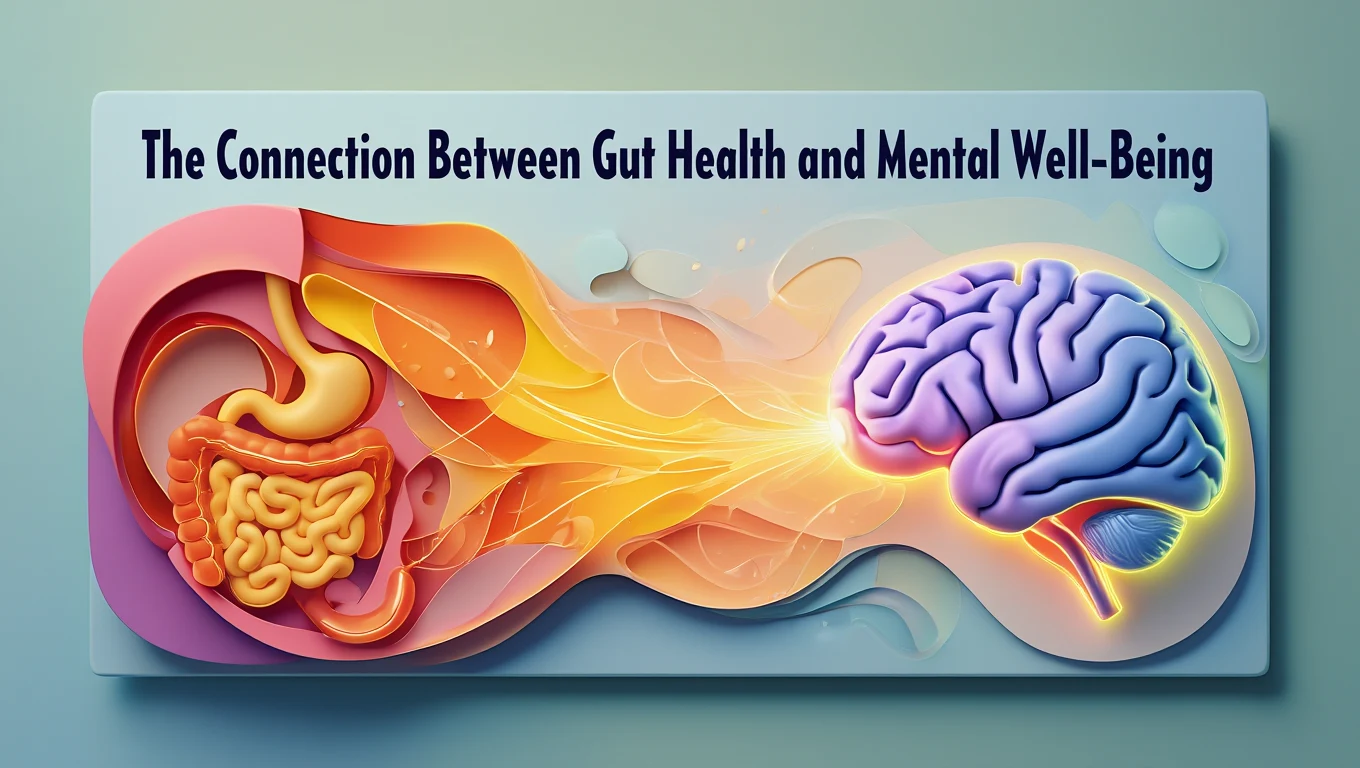The Connection Between Gut Health and Mental Well-Being
In the past few years, science has discovered a vivid connection between the gut and the brain. This connection is called the gut-brain axis, and underscores the dominance that good gut health actually has over our mood, stress levels and overall mental health. We believe at 8 Wellness that the body and mind should be nurtured, and knowing how to align your gut-brain relationship is a key part of caring for yourself as a whole.
How The Gut and Brain Communicate
The gut is often referred to as our “second brain”. That’s because it houses millions of nerve cells that connect directly to the brain via the vagus nerve. Moreover, the masses of bacteria in your gut — commonly referred to as the gut microbiome, generate neurotransmitters including serotonin and dopamine, which help regulate mood and emotion. Surprisingly, it’s estimated that 90% of our serotonin is manufactured in the gut.
The Role of Gut Health in Mental Well-Being
Emotional Regulation: An unhealthy gut microbiome may lower serotonin levels, leading to an increased likelihood of anxiety and depression.
Stress Response: Poor gut health can amplify stress signals, making it harder for your brain to manage stress.
Cognitive Function: A strong gut can encourage better memory, focus and clarity.
Factors That Disrupt Gut Health
The following are some lifestyle and dietary factors which adversely affect the gut:
- Consuming highly processed and/or sugary foods
- Frequent antibiotic use
- Chronic stress
- Lack of sleep
- Low-fiber diets
- Dehydration
Supporting Both Gut and Mental Health Together
Here are some scientifically supported strategies for taking care of both your gut and brain:
Eat Gut Friendly Foods: Consume fermented foods such as yogurt, kefir, kombucha, sauerkraut and kimchi to enhance the diversity of your gut microbiome.
Eat more Fiber: Focus on whole grains, legumes, nuts/seeds, fruits, and vegetables as they’re sources of prebiotic which feed the gut bacteria. When it comes to fibre, go slow and steady otherwise the gas may outweight the benefits.
Keep moving: Exercise is beneficial for the gut as well as reducing stress. Aim for 150 min of moderate to intense exercise/week.
Get Sleep: Aim for 7–9 hours of high-quality sleep to help restore your gut and brain. Fun fact: we produce melatonin when we sleep and this hormone plays a crucial role in healing the gut lining, promotes the growth of beneficial gut bacteria and reduces oxidative stress and inflammation.
Manage Stress: Techniques such as meditation, yoga and deep breathing can help relax the gut-brain axis.
Wrapping Up
Your gut and brain communicate with each other withmany different things; from your mood, energy levels, focus and even memory. When you feed your gut, you’re not just eating to support digestion; you are also feeding emotional resilience and mental clarity. At 8 Wellness, we firmly believe that making a conscious change to even the smallest aspect of your lifestyle can lead to a healthier, happier you.
If you’d like to explore the gut-brain connection with a Naturopathic Doctor, you can click here to book a free 15-minute discovery call.






